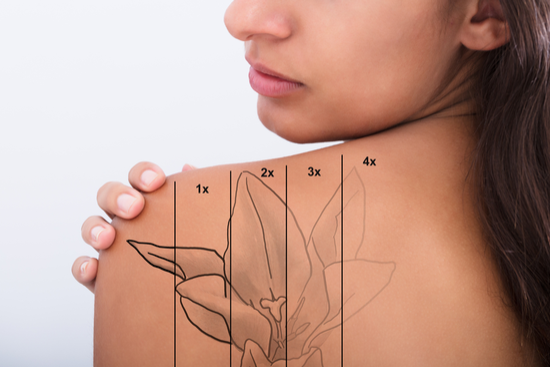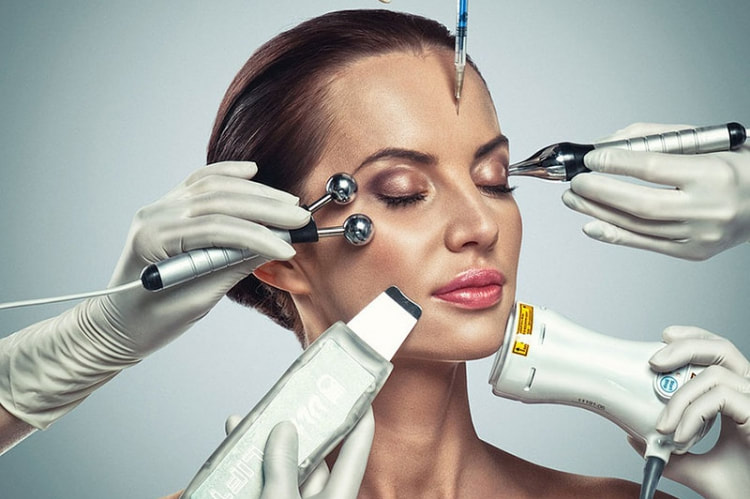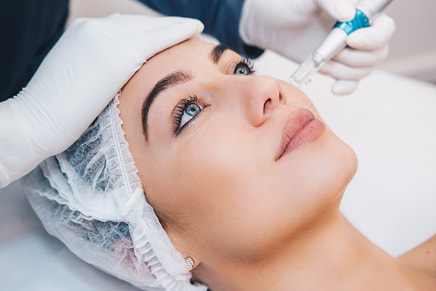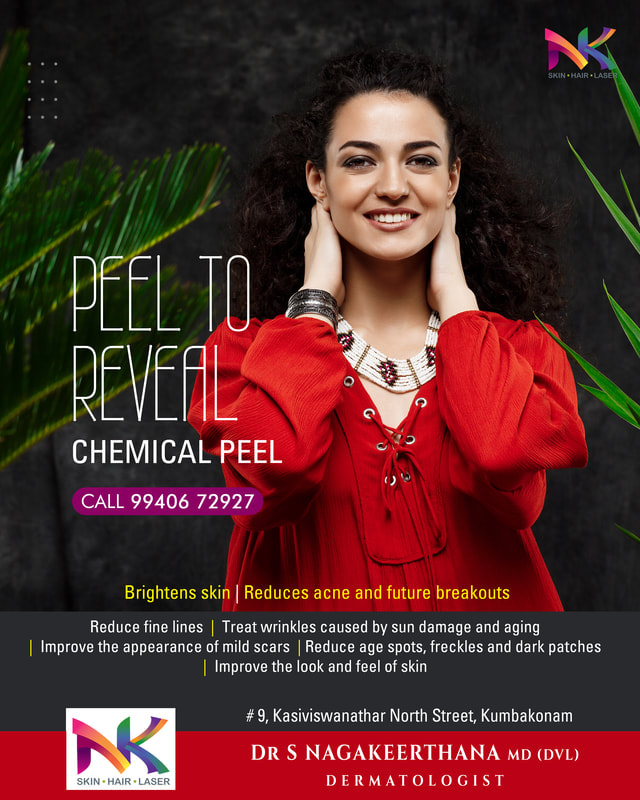Laser
tattoo removal is quickly becoming a popular aesthetic procedure for
patients across all demographics. Tattoo regret is a common experience
for many Americans, and laser removal is the only solution for removing
ink without permanent side effects or scarring.
Laser tattoo removal works by sending light energy into the skin, heating up the tattoo ink particles, and shattering them.
Then, over the following weeks, the body’s lymphatic system gradually
flushes the fragmented tattoo ink particles away from the site of the
tattoo. As more of the fragments are flushed away, the visibility of the
tattoo fades until it can no longer be seen.
Many patients think that tattoo removal involves a “burning off” of the tattoo. This simply isn’t the case. Laser tattoo removal simply speeds up the natural fading process that happens to tattoos over time. For example, an old tattoo that has faded over time looks much like a recent tattoo that has undergone one laser treatment. Read More
Picosecond laser is the world's most advanced technology for tattoo removal. Picosecond laser erases unwanted ink more effectively than ever before, successfully removing difficult ink colors as well as previously treated tattoos.
Most patients require 5 to 10 laser treatments, spaced at least 6 weeks apart, to see the desired end result.
Many patients are happy to undergo the process and return for multiple
treatments, as the patient will notice fading progress after each
treatment.
There is a very clear reason why multiple treatments are needed. When
a tattoo is applied, the tattooing needle inserts at varying depths
within the skin tissue. As a result, tattoo ink rests in multiple layers
within the skin (inside the dermis). Each laser treatment shatters the
most shallow layer of ink. Each progressive laser treatment shatters successively deeper layers of ink until none remain. View More
The waiting period between treatments is important, too. The first
two weeks allows the body to heal in the treated area – any temporary
scabs or blisters subside during this time. The following weeks allows
the body’s lymphatic system to flush away the ink, which takes a time to
occur. As a general rule, the longer the patient waits between
treatments, the better fading they will yield from each treatment.
Performing laser tattoo removal takes no prior skill with other lasers to learn. Most
tattoo removal lasers are very simple to operate and offer useful
features (such as an aiming beam) to help the practitioner with the
procedure. Most NLLC training clients quickly feel comfortable and confident using the laser system. Click Here
At a tattoo removal appointment, there are many concepts that the
practitioner should discuss with the patient. The consultation is a
critical part of the tattoo removal process – this is where you
establish expectations, explain the process, and discover if the patient
has any contraindications for treatment.
https://www.nkskin.com/
https://g.page/drnagakeerthana?share










